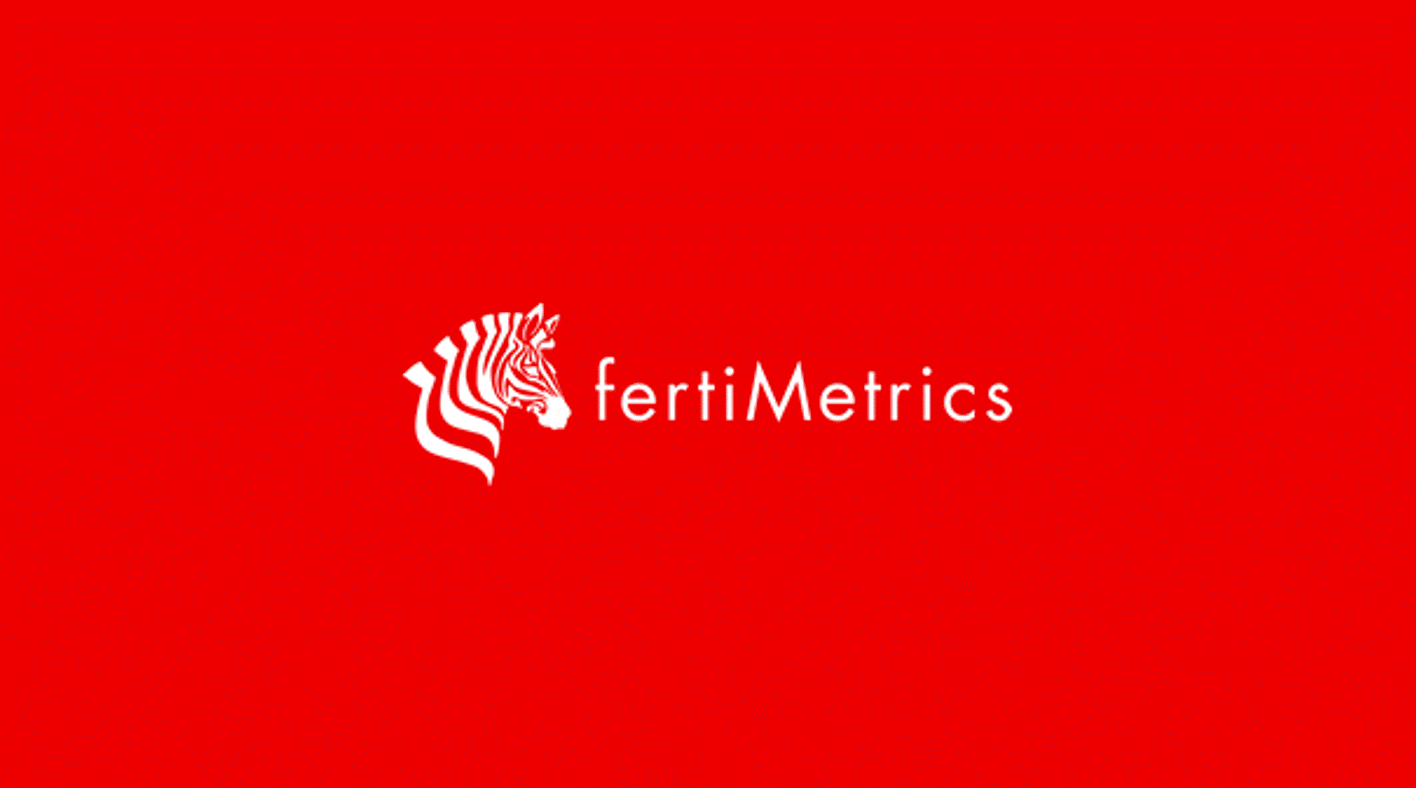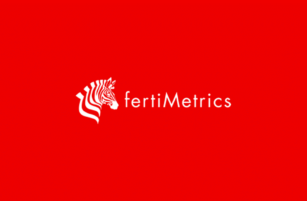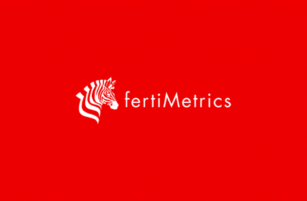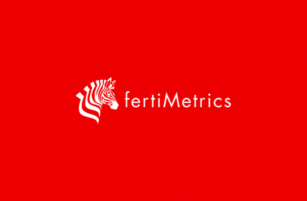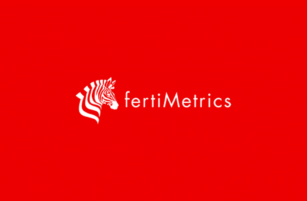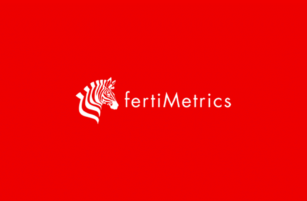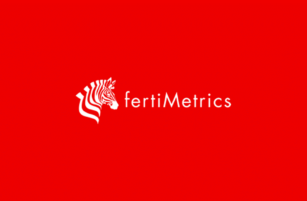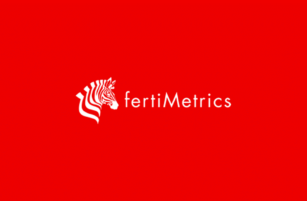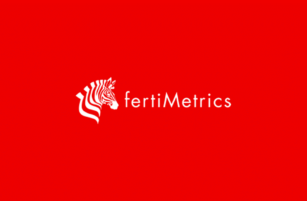Insight Focus
Lower prices for imported complex fertilisers and higher rice export prices in Thailand have improved farmers’ purchasing power for fertilisers, boosting demand and pushing Urea, NPK, NP and NPS imports up year-on-year.
High Rice Prices Buoy Fertiliser Imports
Higher rice export prices this year boosted the purchasing power of farmers and led to higher fertiliser imports. Thailand’s average rice export prices in January to June this year rose by 24% on the year to USD 640.90/tonne fob for the 100% B white variety, according to Food and Agriculture Organization (FAO) data. World Bank data show that the average price of Thai rice rose 40% between January 2020 and June 2024 to reach more than USD 610/tonne.

Source: World Bank
The gains in rice export prices and decline in fertiliser import prices have boosted farmers’ affordability levels and supported fertiliser buying overall, which led to higher imports.

Source: World Bank
Initial forecasts of substantial rainfall during the primary application period starting in May prompted importers to increase their inventories and boosted purchasing activity. The rainy season this year started one week later than usual on 20 May and is expected to end in mid-October, with total rainfall to be near normal levels, according to Thailand’s meteorological agency.
This had delayed the start of the main application season in Thailand, but fertiliser demand may continue into October, which could continue to support imports in the third quarter of this year, local market participants said.
Thailand’s urea imports could continue to firm in the next quarter of the year on projected good rainfall.
Domestic demand is robust with farmers continuing their purchases for the ongoing season.
Firming Thai Hom Mali rice export prices in July could also boost farmers’ ability to invest in fertilisers and sustain buying activity.
Ongoing local discussions on a government fertiliser subsidy scheme to increase farmers’ purchasing power — farmers pay half the cost of fertilisers and pesticides with the other half borne by the taxpayer —will likely encourage importers to maintain higher stock levels to prepare for a potential increase in domestic buying from farmers.
NPK Price Decline Drove Imports
Thailand mainly imports NPK 15-15-15 and 16-16-16, as well as NPS 16-20-0+13S. Argus-assessed prices for 15-15-15/16-16-16 to Southeast Asia and 16-20-0+13S to Thailand declined steadily to midpoints of USD 475/tonne CFR and USD 370/tonne CFR at the start of this year. Prices held broadly stable at these levels, from USD 682.50/tonne CFR and USD 475/tonne CFR in January 2023, respectively.
Thailand’s NPK imports in the January to June period surged by 95% on the year to 557,800 tonnes, the highest since 2018, latest trade data show. Russia remained the leading supplier to Thailand during this period, with deliveries more than doubling on the year to 313,900 tonnes. By contrast, imports from China fell by 62% on the year to 16,400 tonnes as export restrictions, especially on fertiliser products containing potassium, continued to curb deliveries.
Thailand’s NP/NPS imports rose by 74% on the year to 593,400 tonnes, with China remaining the top supplier. Deliveries from China rose by 12% year-on-year to 224,000 tonnes, while those from South Korea grew by 25% on the year to 165,200 tonnes.
In terms of inventories, Thailand’s January-June imports of NPK and NP/NPS were lower year-on-year consecutively in 2022 and 2023, which likely left importers with low stocks and supported more buying this year.
MOP Buying Recovers
Thailand also imports granular MOP for bulk blend NPK production. Panic buying by importers in the wake of the Russian-Ukraine conflict in mid-February 2022 had led to high inventories in Thailand. The high MOP prices in 2022 had curbed domestic sales, leading to high carryover stocks into 2023 and dampened import levels significantly that year.

Source: Thai Ministry of Commerce
But domestic granular MOP prices have declined steadily over the first half of this year to around THB 12,500/tonne (USD 347/tonne) ex-warehouse bulk from THB 15,000/tonne (USD 417/tonne) ex-warehouse bulk in January, improving the purchasing power of buyers.
Thailand’s MOP imports in January-June rebounded year-on-year but were still below that of 2022 levels.
This was a result of importers anticipating stronger demand this year compared with the previous year as farmers have higher purchasing power.
Thailand imported 421,500 tonnes of MOP in the first half of this year, up by 44% from 293,400 tonnes a year earlier, the latest trade data show. Deliveries from Thailand’s main MOP suppliers Canada, Belarus and Laos rose on the year.
Imports from Canada partially recovered year-on-year but were still below that of 2021 and 2022 levels.
First-half 2024 deliveries from Belarus — which arrived in March and May — surpassed that of 2022 and 2023 levels, as Belarussian potash distributor B% found ways to resume exports after facing sanctions since 2022. Capacity expansion among the Laotian producers also led to more granular MOP entering Thailand this year.
Importers Seek to Build Urea Inventories
Thailand’s urea imports rose by 15% to 1.4 million tonnes in the first half of this year, largely supported by increased affordability of urea fertilizers and importers seeking to build inventories, especially between January and March.
Most Thai importers had liquidated and sold excess urea inventories by the end of 2023 and increased purchases in the first quarter of 2024. Imports in the first quarter were 722,000 tonnes, up by 84% from a year earlier. But imports in April to June dipped by 17% year-on-year to 699,000 tonnes.
The rise in imports in the first half of the year was mainly driven by higher deliveries from the Middle East and Brunei. Deliveries from Saudi Arabia rose by 17% on the year, while deliveries of urea listed as Omani increased by 78%.
Imports from Brunei also more than doubled in the first half of the year, but deliveries from Malaysia fell by 41%. The rise in urea imports from Brunei was likely to offset the decrease in Malaysian urea, helping to mitigate shortages caused by potential delays in term deliveries from Malaysia because of production issues. Petronas’ 700,000 tonnes/year Bintulu plant faced multiple turnarounds this year, which likely disrupted regular contractual shipments to Thailand.
